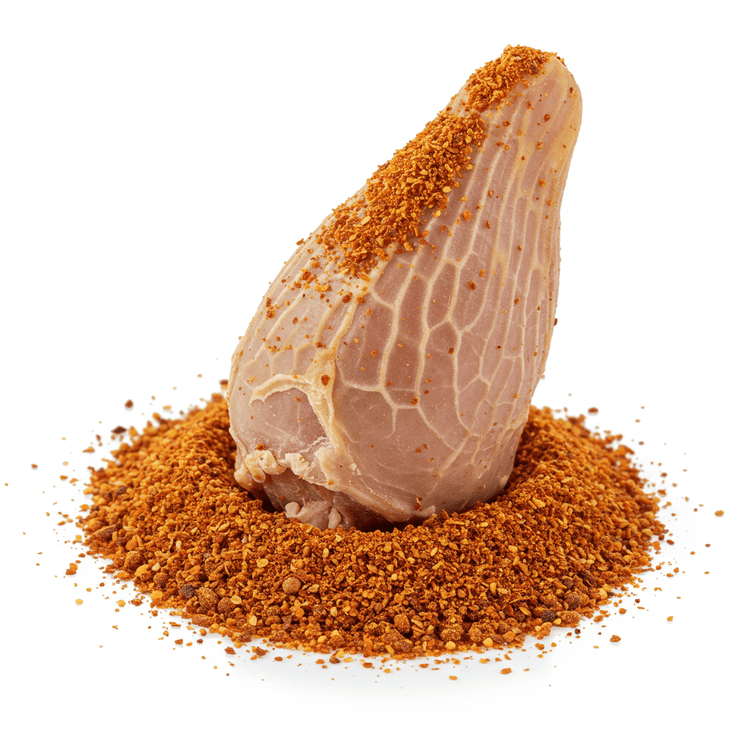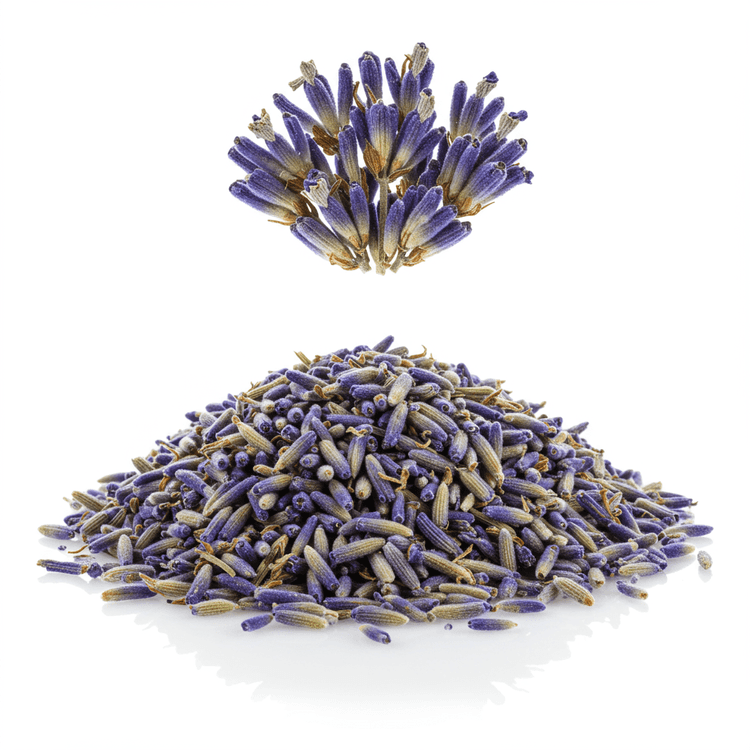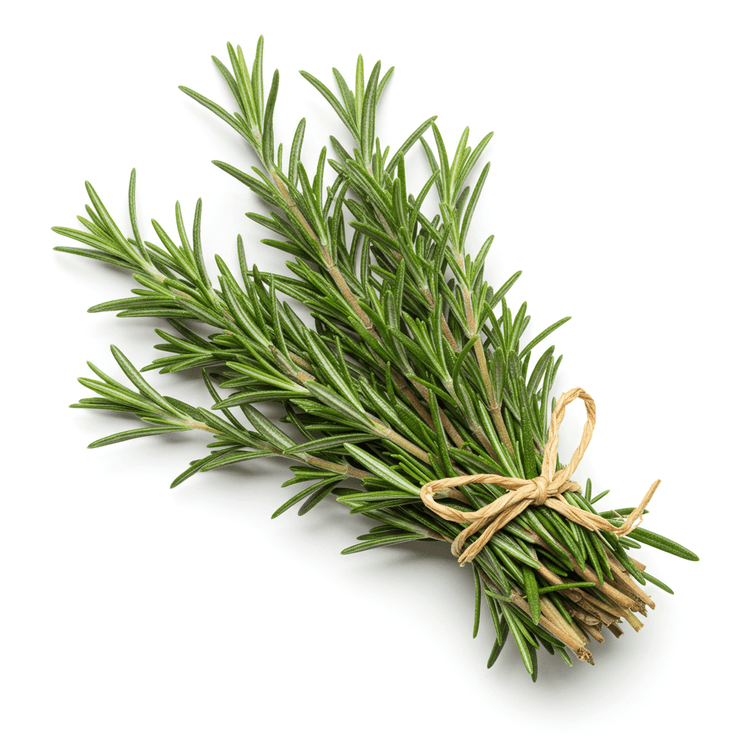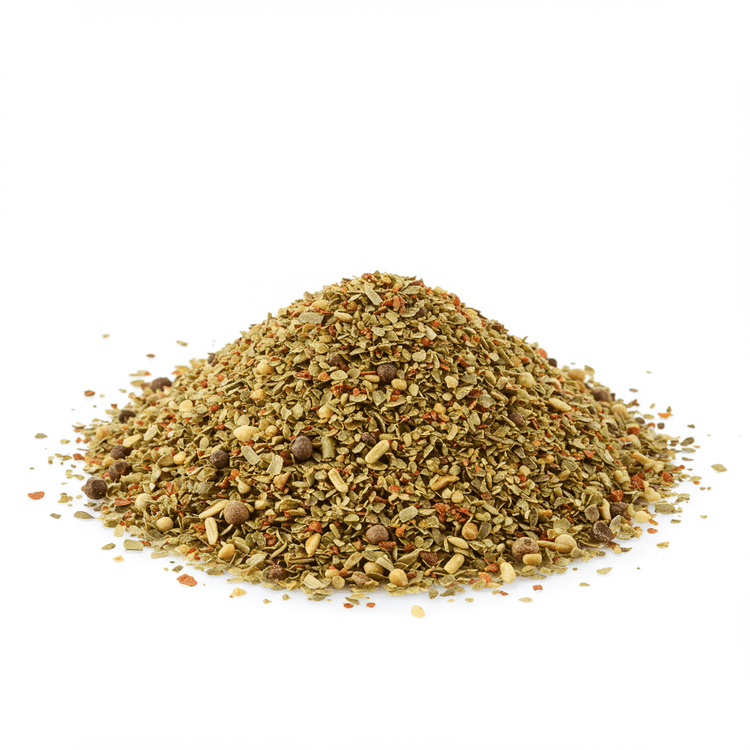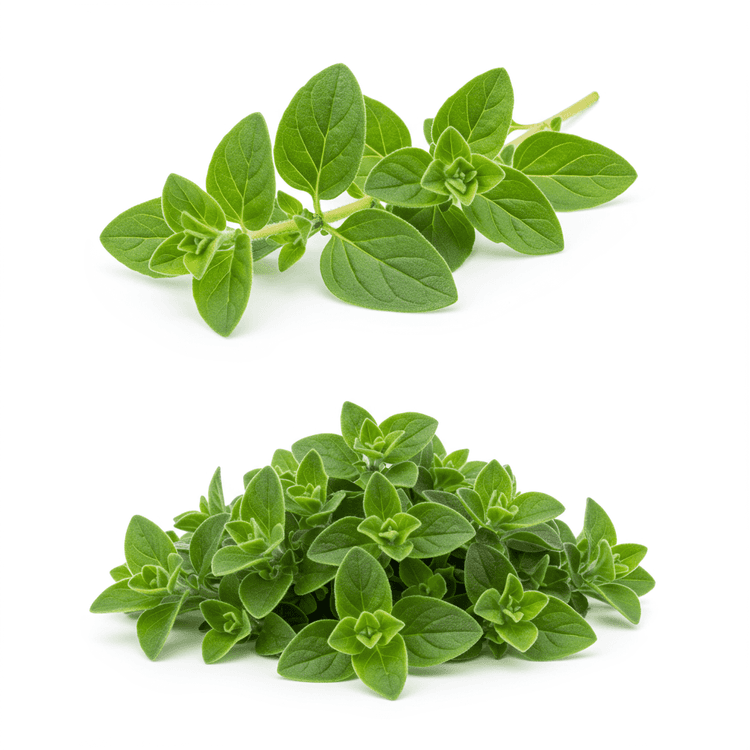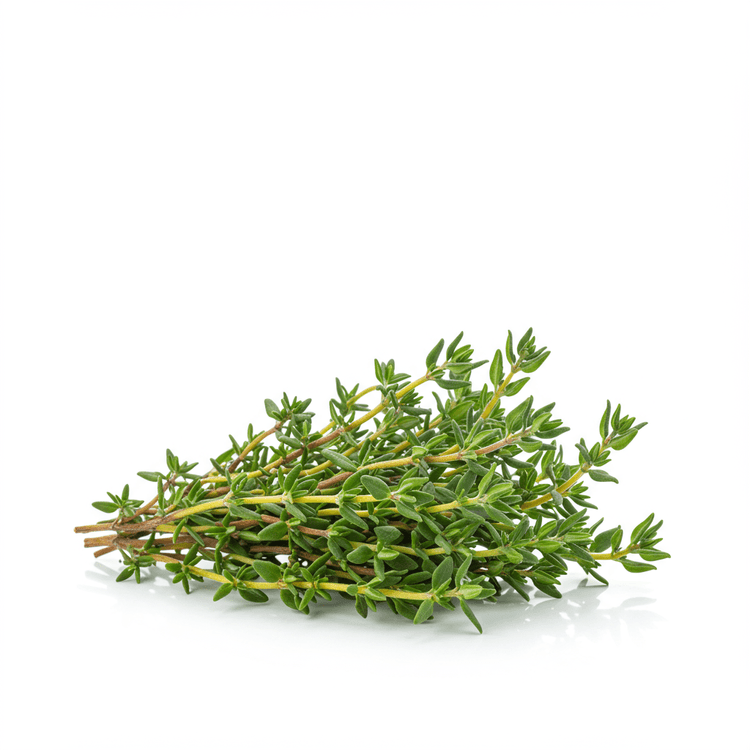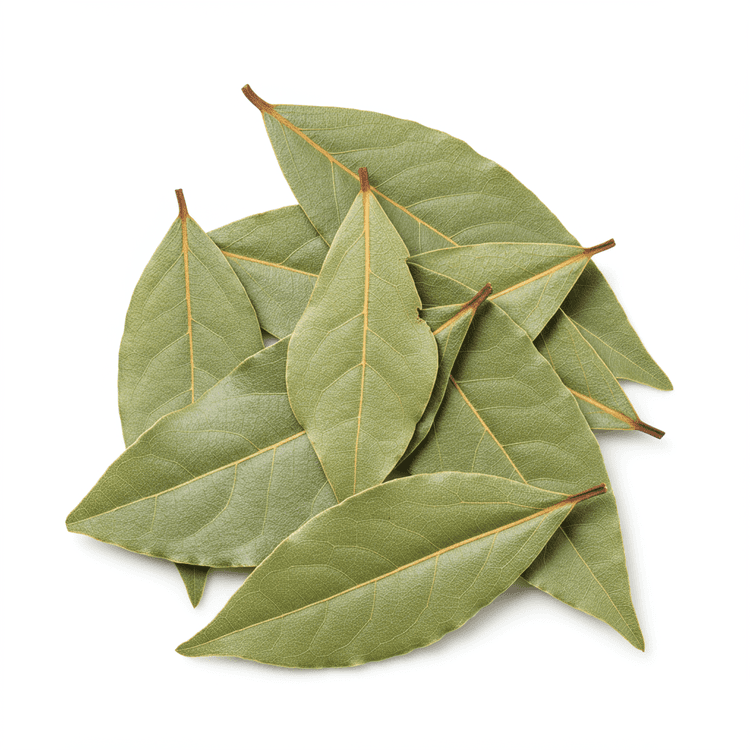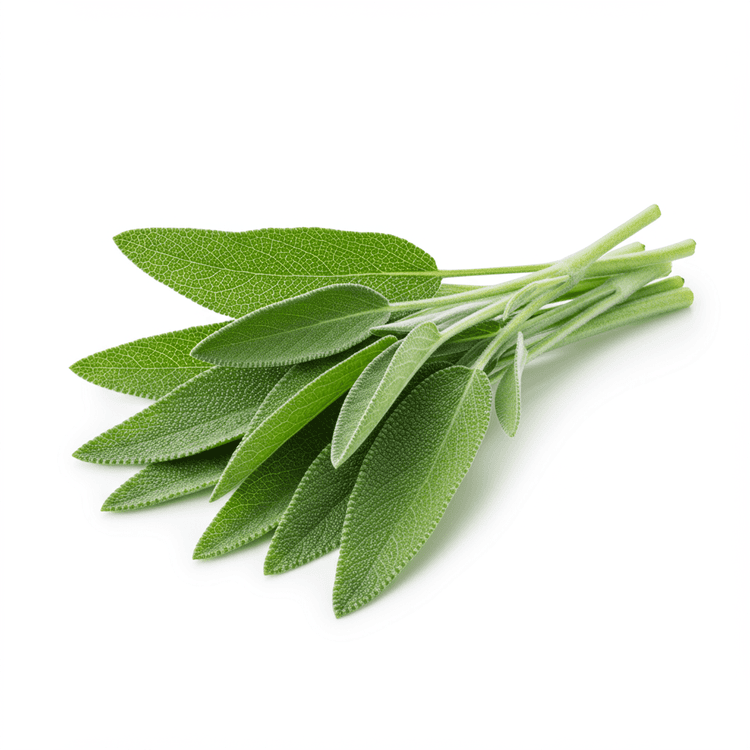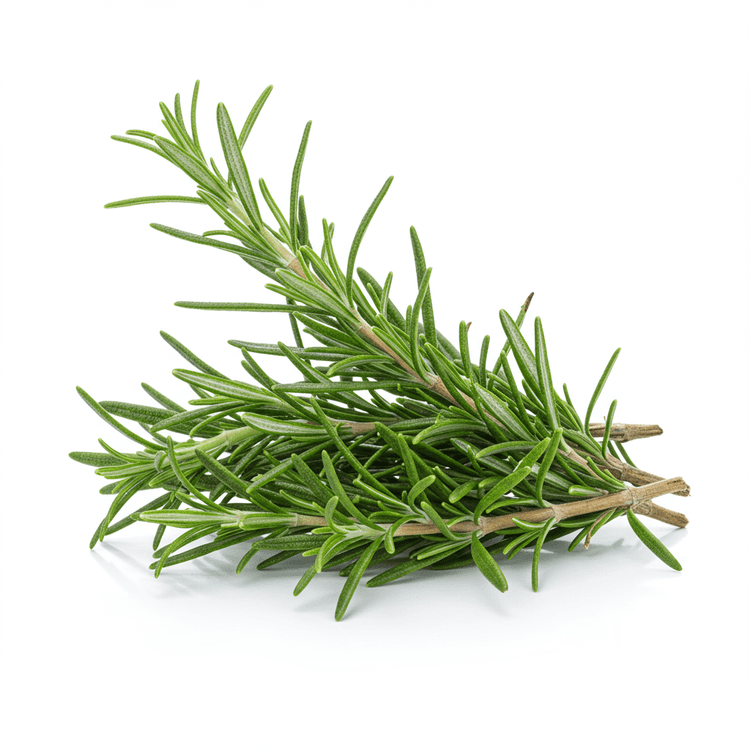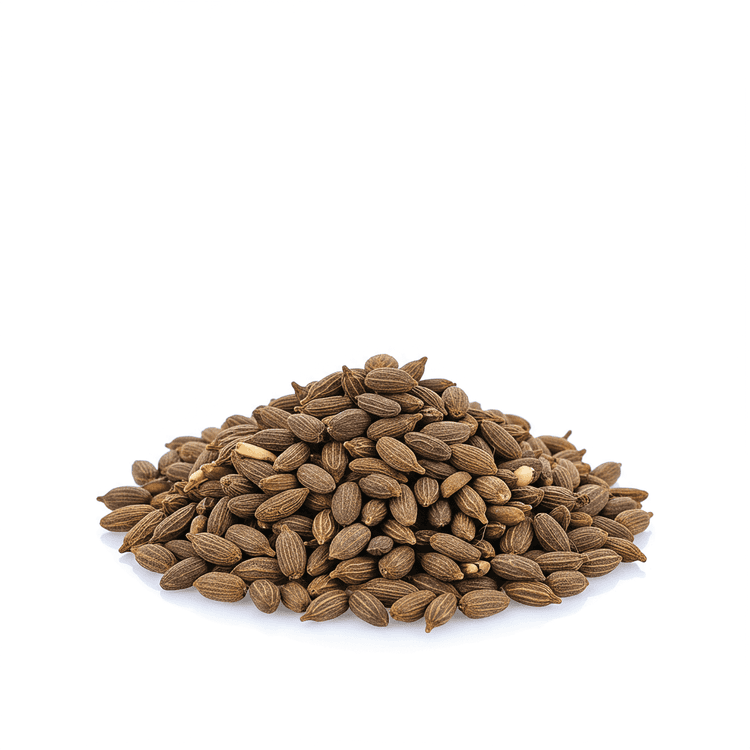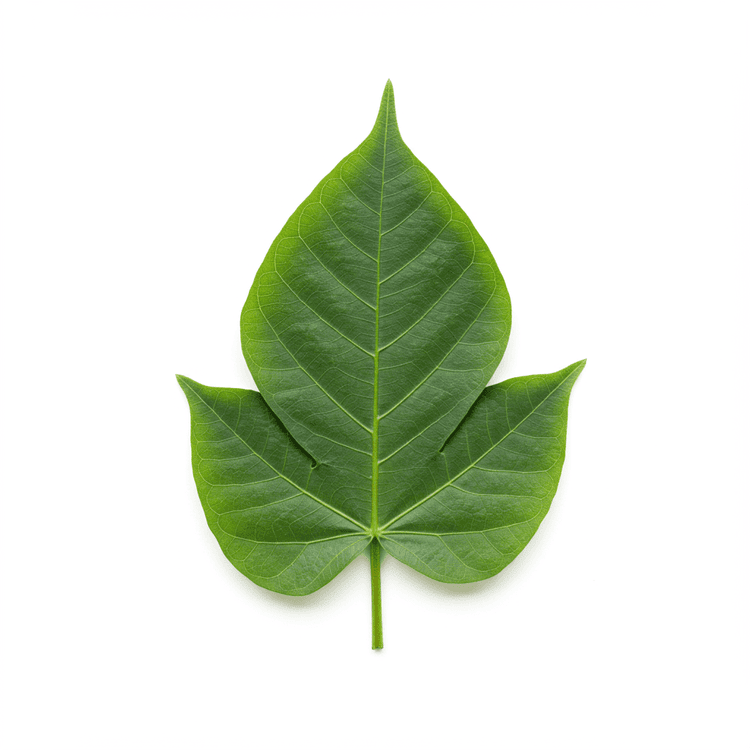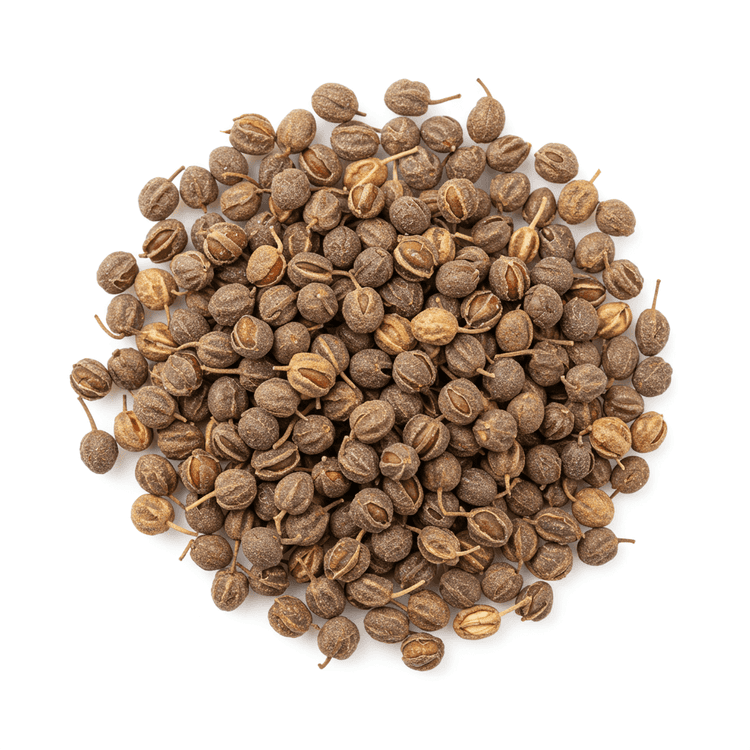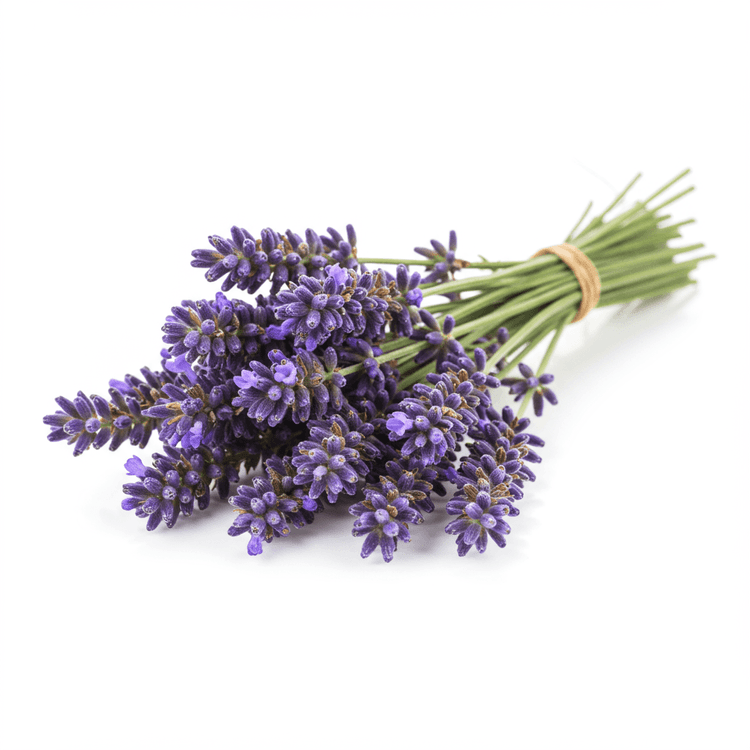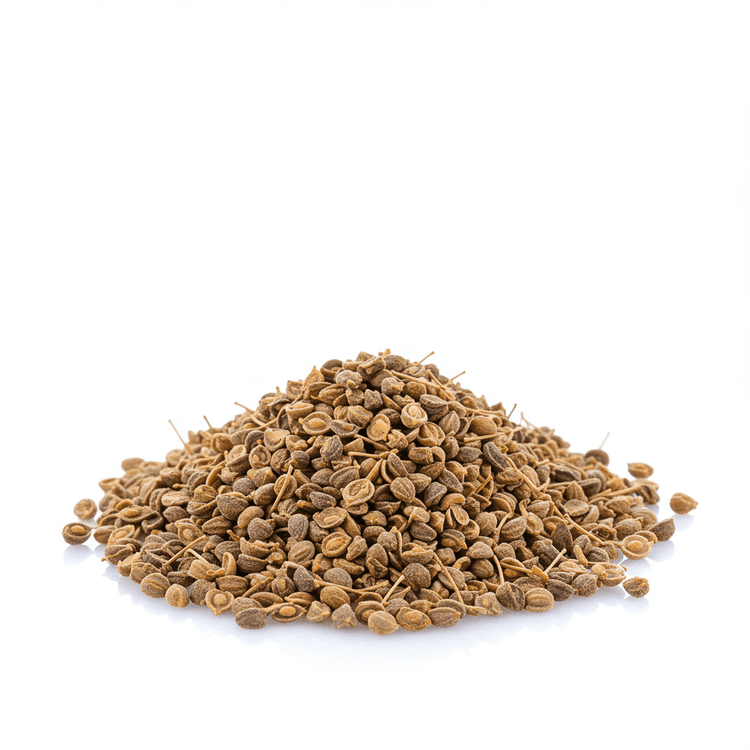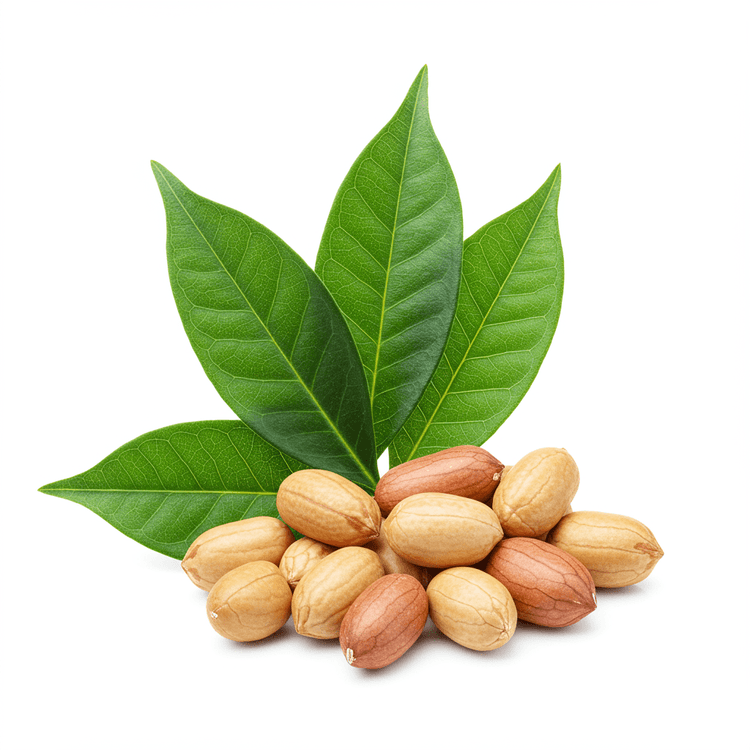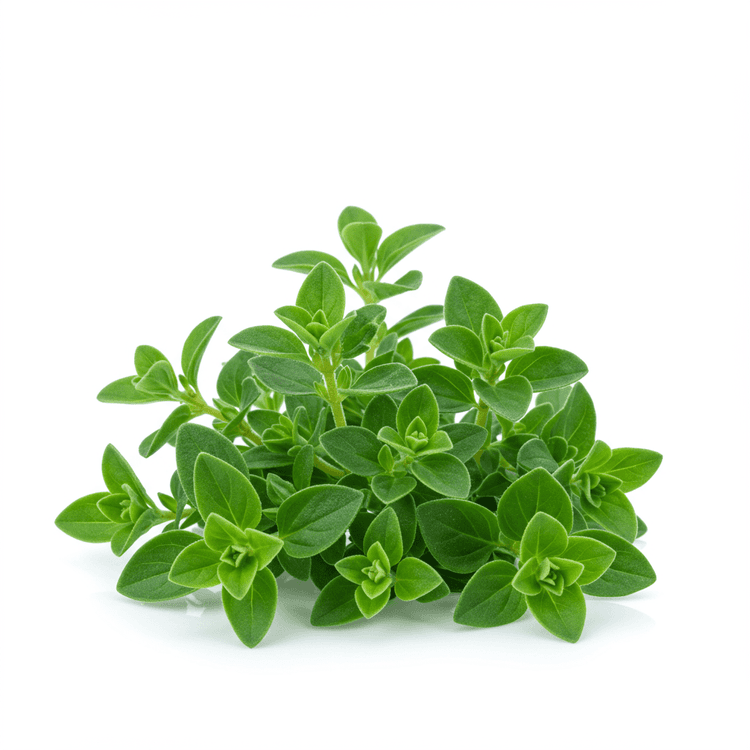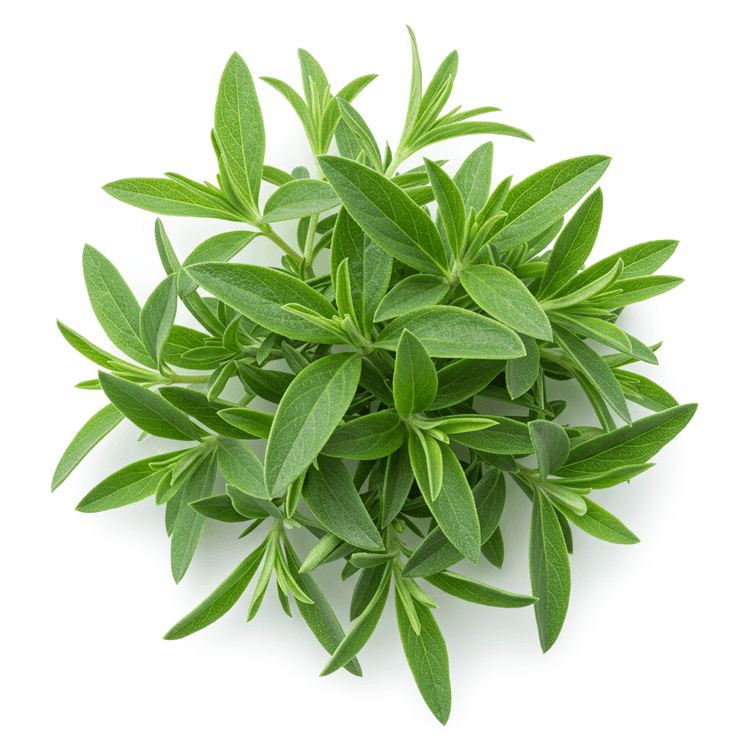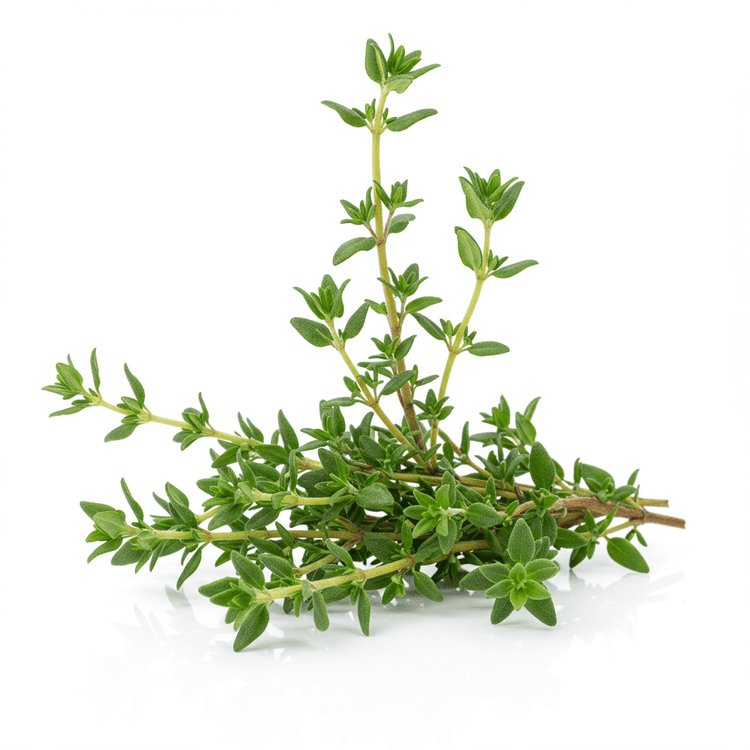
Thyme
Thyme is a fragrant herb with small, grayish-green leaves and a subtle, earthy aroma. Its flavor is a complex blend of floral, minty, and slightly lemony notes, making it a versatile addition to countless dishes. Often used fresh or dried, thyme is a culinary staple for adding depth and complexity to savory recipes. It's a popular choice for seasoning meats, vegetables, and soups, offering a delicate yet distinctive taste.
Common Uses
- Used to infuse olive oil with herbaceous flavors for drizzling or cooking, imparting a delicate thyme essence.
- Added to roasted vegetables like potatoes, carrots, and Brussels sprouts to enhance their natural sweetness with its aromatic profile.
- Incorporated into marinades for meats such as chicken, pork, and lamb, tenderizing the protein and adding a savory depth.
- Sprinkled into soups, stews, and sauces to create a comforting and flavorful base, complementing other herbs and spices.
- Used in baking to add a savory note to breads, biscuits, and scones, creating a unique and delicious treat.
Health Benefits
- Rich in Vitamin C for immune system support and antioxidant protection.
- Good source of Vitamin A, promoting healthy vision and skin.
- Contains thymol, known for its antiseptic and antifungal properties.
- May help improve respiratory health and alleviate cough symptoms.
- Provides dietary fiber, contributing to healthy digestion.
- Offers minerals like copper, iron, and manganese important for various bodily functions.
Substitutes
Chefadora AI is here.
Experience smarter, stress-free cooking.
Storage Tips
Fresh thyme is best stored in the refrigerator. You can wrap it loosely in a damp paper towel and place it in a plastic bag or container. Alternatively, stand the thyme sprigs upright in a glass of water, like flowers, and cover loosely with a plastic bag. Dried thyme should be stored in an airtight container in a cool, dark, and dry place, away from direct sunlight and heat, to maintain its flavor and potency for up to a year.
